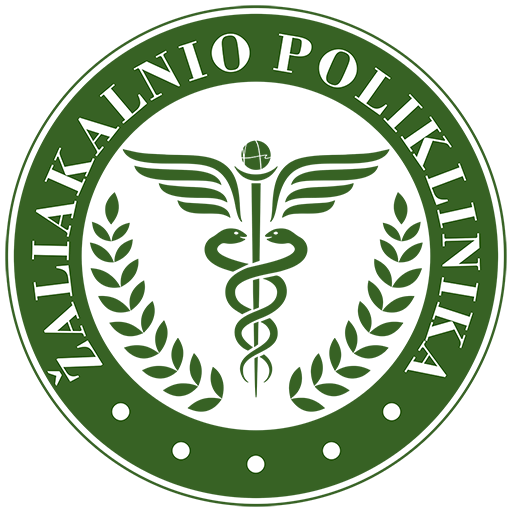Ambulatory care services at home
Home care is often a real challenge for both the patient and the person(s) caring for him/her when it is first encountered. Uncertainty, confusion and anxiety plague both parties: the patient and the carer may begin to feel isolated from life, isolated from the social environment, as the patient's medical condition requires constant and professional care.
That's why the team at Žaliakalnis Polyclinic Health Care Centre's home nursing service can help during this difficult time.
The team not only provides professional nursing services and information about social assistance, but also trains the person caring for the patient in the proper use of nursing equipment, nursing and physiotherapy basics to help ensure good health and to help the patient feel stronger during the nursing process.
Ambulatory home nursing care (AHCN) is a licensed personal health care service provided in the patient's home (except for patients living in social care institutions licensed for general nursing care) to ensure continuity of care, to meet the patient's care needs in the home environment, and to promote
patient self-care.
Beneficiaries of ASPNs:
- People with low, medium or high nursing needs according to the Nursing Needs Assessment Questionnaire (the individual's nursing needs are determined by the patient's GP team);
- People who, after receiving day surgery services, remain impaired in their ability to take care of their personal life and need post-operative care at home.
Outpatient home nursing services are provided to patients COMPLETELY FREE OF CHARGE, financed by the Compulsory Health Insurance Fund.
A REFERRAL FOR OUTPATIENT HOME CARE SERVICES IS MADE BY THE PATIENT'S FAMILY DOCTOR (FORM E-F027), SO THE PERSON OR THEIR RELATIVE NEEDS TO GO TO THEIR FAMILY DOCTOR TO RECEIVE THESE SERVICES. The doctor will refer you for your first meeting with the ASPN team, which will take place in the next 5 days in your home.
Outpatient care is provided by a team of specialists:
- The general nurse gives intramuscular and intravenous injections, connects a drip line, performs a drip infusion through a catheter, takes blood, urine or other samples for laboratory tests, and performs an electrocardiogram, according to the doctor's orders. Measure temperature, arterial blood pressure, pulse and oxygen saturation of arterial blood. It also performs bedsore care and dressings.
- A physiotherapist identifies and treats nervous system, muscular and joint disorders based on the patient's medical condition. Specifically, a physiotherapist can help to facilitate movement and function, reduce pain, and increase movement potential. He or she also teaches and helps to adapt and compensate for loss of function due to illness or injury.
- The care assistant ensures proper personal hygiene (feeds or assists with bathing, nail clipping, dripping, changing nappies or gowns, oral care, etc.), and prevents/reduces pressure sores (patient's vomiting). Manages the patient's secretions and excretions (changing urine collectors, assisting the patient to use the toilet seat, etc.) when assigned by the nurse. Specialists provide outpatient personal health care services in accordance with the competences specified in the Lithuanian Medical Standard.
Free outpatient home care services are available on all days of the week from 8am to 8pm.
For any questions, please contact the following contacts:
ASPN coordinator Elina Pabedinskienė
Tel. +370 638 33663

